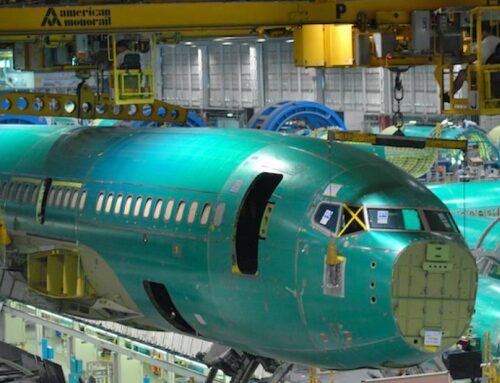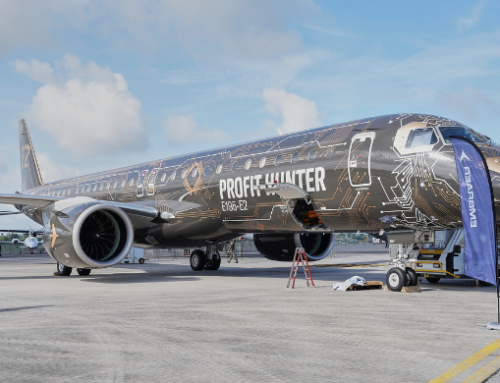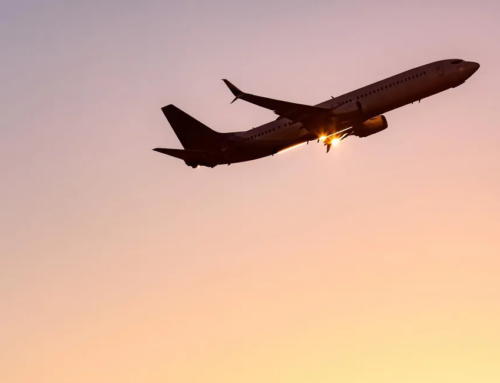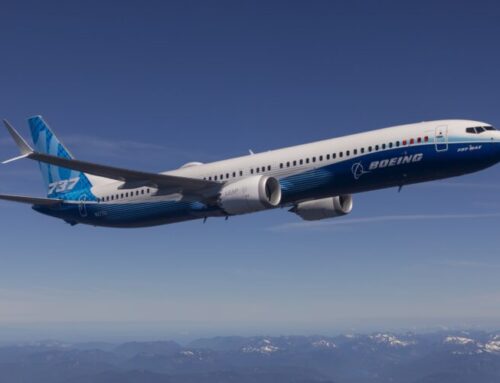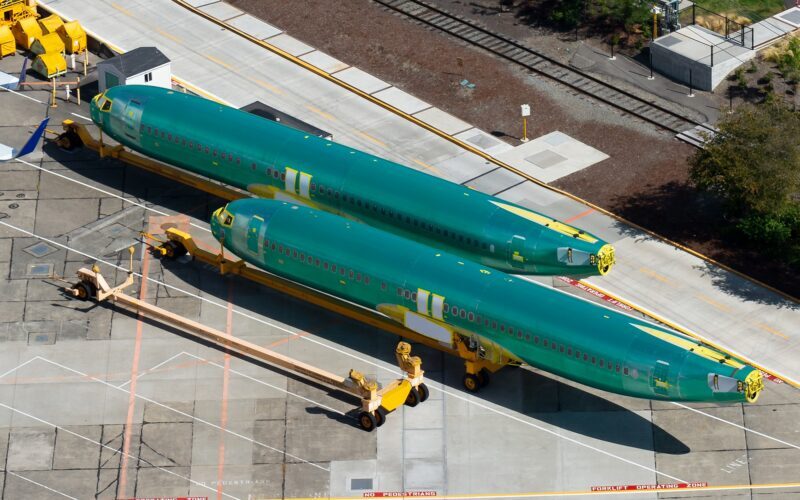
Workers at a key Boeing supplier raised alarms about defects in aircraft components, but their concerns were reportedly overlooked, leading to a series of safety issues and a federal lawsuit. Just weeks prior to an alarming incident where a door plug blew out of an Alaska Airlines flight, workers at Spirit AeroSystems, the part’s manufacturer, had warned of safety risks.
Documents filed in federal court allege that former employees at Spirit AeroSystems, which manufactured the faulty door plug, had repeatedly alerted company officials about safety issues and were instructed to falsify records. These warnings came less than a month before over 150 Boeing aircraft were grounded due to a catastrophic failure.
The lawsuit accuses Spirit of systematic quality-control problems, under-reporting defects, and retaliating against whistleblowers. This situation underscores broader concerns about outsourced aerospace manufacturing and the Federal Aviation Administration’s (FAA) regulatory effectiveness.
Spirit AeroSystems, which emerged from Boeing in 2005, plays a crucial role in Boeing’s supply chain, especially for the B737 program. The company, despite generating over $5 billion in revenue in 2022 and receiving significant public subsidies, faces allegations of prioritizing production over quality.
Boeing and Spirit have a deeply intertwined relationship, with former Boeing executives holding key positions in Spirit. The recent high-altitude incident with an Alaska Airlines 737-9 is not the first FAA action against Boeing involving Spirit. Past allegations include non-compliant parts being accepted by Boeing for airworthiness certification.
The class-action lawsuit filed by Spirit AeroSystems’ shareholders in May 2023 and amended in December, details extensive quality-control issues, including foreign object debris, missing fasteners, and poor skin quality in Spirit products.
An internal whistleblower at Spirit raised concerns about defect misrepresentation in February 2022. After escalating the issue to then-CEO Tom Gentile, the worker faced demotion and eventual resignation, with similar repercussions for colleagues who reported excessive defects.
In August 2023, Boeing discovered a defect in 737 Maxs linked to Spirit’s manufacturing error. The defect, identified months earlier by
a quality auditor at Spirit, involved improperly drilled bulkhead holes, crucial for maintaining cabin pressure. Despite this discovery, Spirit concealed the defect, leading to Boeing’s delayed aircraft rollout.
Further exacerbating the situation, the FAA has been criticized for inadequate oversight, particularly concerning outsourced manufacturing facilities. Critics point to the FAA’s funding and staffing challenges as contributing factors to these oversight lapses.
The federal lawsuit paints a picture of a corporate culture at Spirit that seemingly valued rapid production over stringent quality control. This approach allegedly led to overlooking critical defects and employing less experienced personnel post-COVID-19 layoffs, despite receiving significant government funding.
United Airlines, in a proactive response, initiated independent inspections of its Boeing 737-9 fleet, uncovering multiple instances of loose bolts. This finding aligns with the lawsuit’s claims of recurring issues with improperly calibrated torque wrenches at Spirit, potentially compromising aircraft structural integrity.
In response to mounting pressure and a tarnished reputation, Spirit’s new CEO, Patrick Shanahan, has pledged a commitment to zero defects and a renewed focus on quality. However, these promises come amidst ongoing legal and safety challenges that cast a shadow over the aerospace giant’s future.
This unfolding story reveals the complex and often problematic nature of large-scale aerospace manufacturing, where the pressures of production timelines and cost-cutting can conflict with the paramount need for safety and reliability. As the legal proceedings continue, the aviation industry and regulatory bodies may face increased scrutiny and calls for reform to prevent similar incidents in the future.
Sources: AirGuide Business airguide.info, bing.com, msn.com


